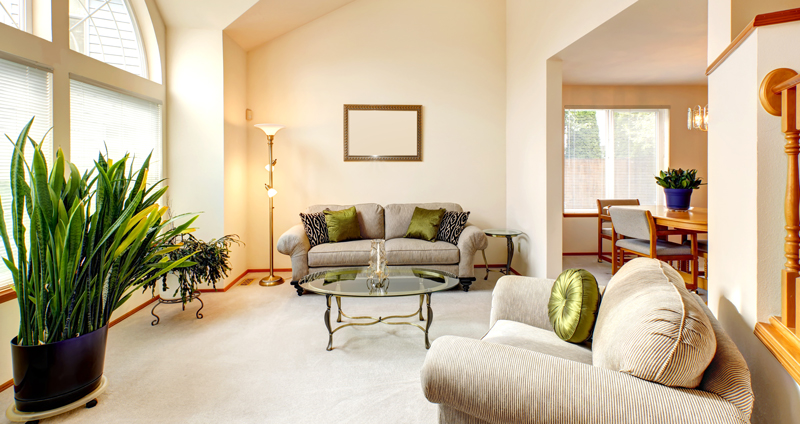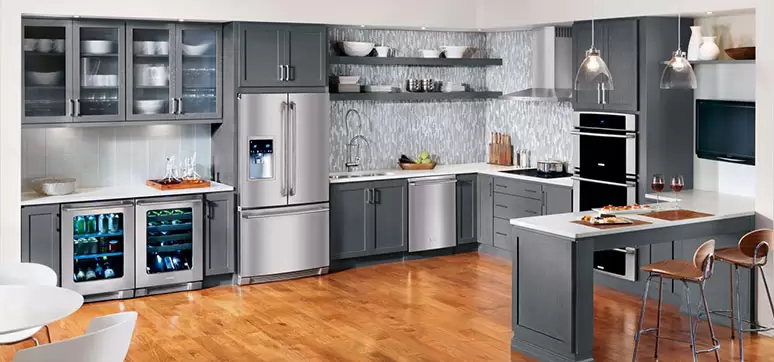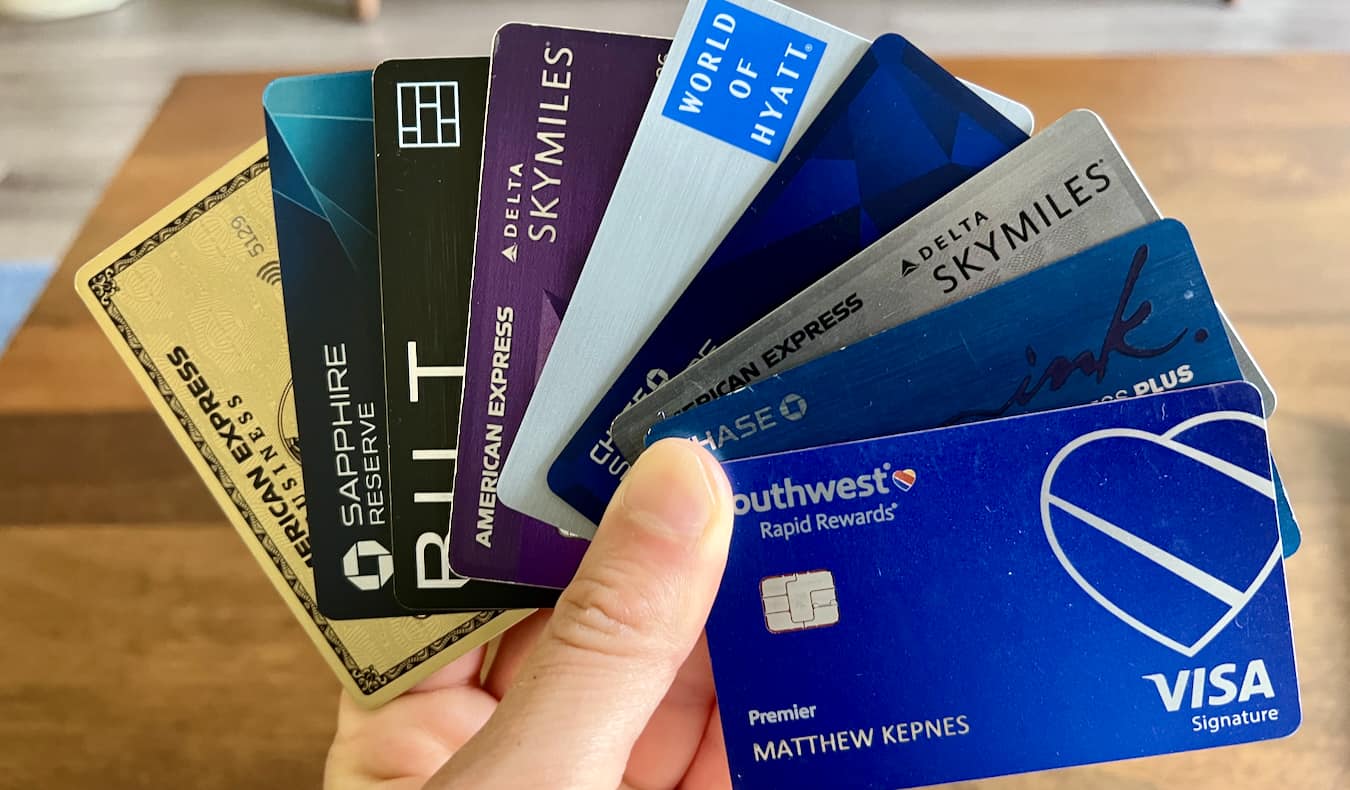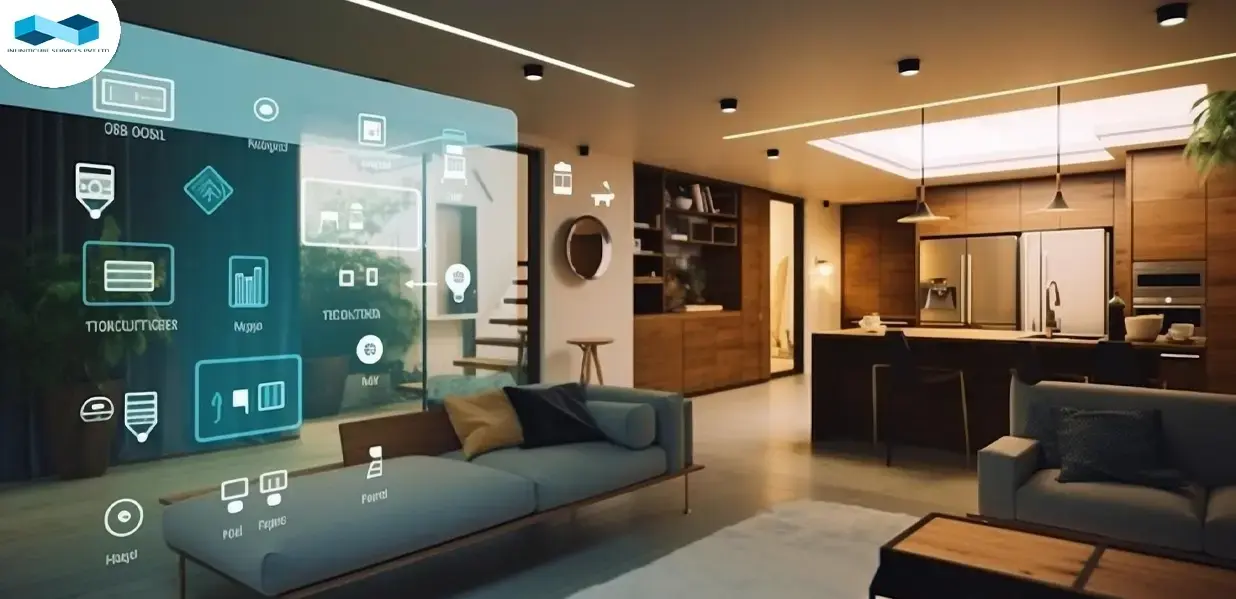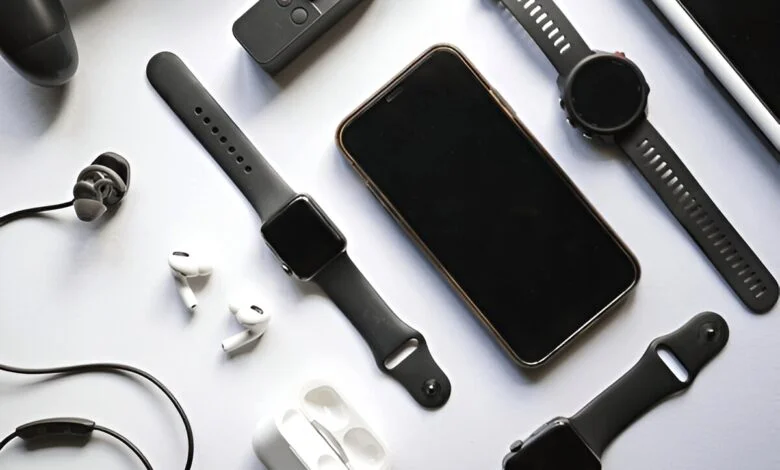Tablet or Laptop Which Works Best in 2025
In today’s digital age, owning a device that suits your lifestyle is more important than ever.
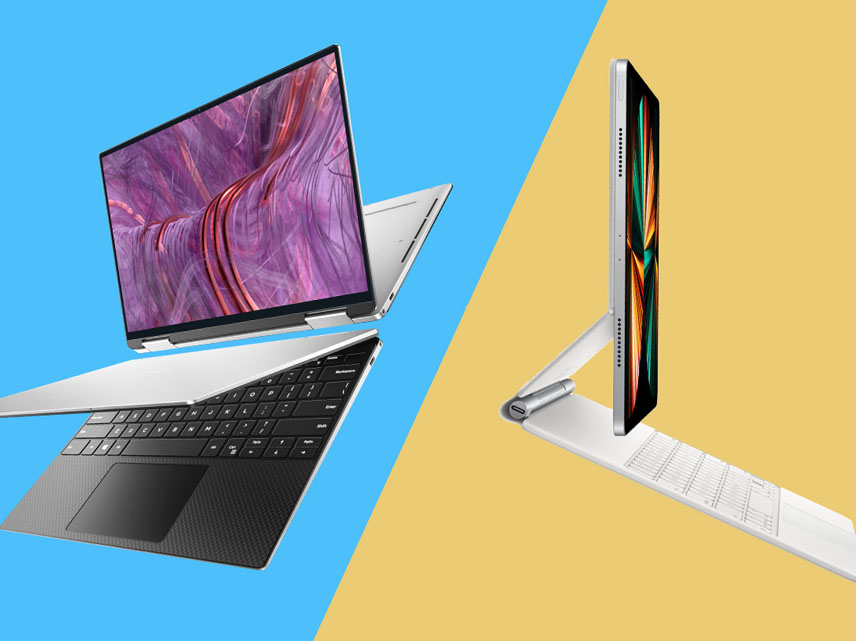
Recent Blogs
- 10 Practical Tips to Manage Stress Every Day
- Your Guide to Understanding Skin Types and Choosing Products
- Top 10 Smartwatches of 2025 for Fitness, Productivity, and Style
- The Ultimate Guide to Choosing the Best Football Shoes
- Easy Weekend DIYs To Transform Your Space
- Top 10 Budget Laptops of 2025 That Offer Great Performance
- Clever Storage Secrets To Tidy Up Without Sacrificing Style
May 25 12
In today’s digital age, owning a device that suits your lifestyle is more important than ever. Whether you are a student, a professional, or someone who loves to browse the internet and watch movies, the debate between using a tablet or a laptop still continues. In 2025, both tablets and laptops will become smarter, faster, and more user-friendly. However, how do you know which one is right for you? The answer depends on how you plan to use your device. Do you need it to type long documents, attend online classes, or use complex software? Or do you want a handy gadget for light web browsing, streaming videos, or reading books? Tablets and laptops each come with their own set of advantages and limitations. In this blog, we will help you make a clear and informed decision by breaking down the key differences between the two. We will look at things like performance, design, battery life, software, and more, all explained in simple words.
Performance and Productivity
Laptops:
Laptops are powerful machines. They are made for people who need to do much work, like typing documents, editing videos, or using special software. Laptops usually have big storage space and faster processors. You can also run many programs at once without slowing down the system. This makes laptops a great choice for office work, school projects, or anything that needs high performance. The large screens and full keyboards also help you work comfortably for long hours.
Tablets:
Tablets have also improved a lot. Today, some tablets can handle basic work like typing notes, browsing, or video calls. They are fast enough for simple tasks but may struggle with heavier jobs like coding or video editing. Some tablets come with keyboard attachments, but they still may not feel as comfortable as a laptop when typing for long periods. For short-term work and everyday use, tablets are good enough.
Portability and Design
Tablets:
Tablets are small, light, and easy to carry. You can hold them in one hand or put them in a small bag. They are perfect if you travel often or move around a lot. The touchscreen feature also makes them easy and fun to use. Whether you are reading, drawing, or watching a video, tablets give a smooth and modern feel.
Laptops:
Laptops are bigger and heavier than tablets. Still, many new laptops in 2025 are thinner and lighter than before. You can carry them in a backpack, but they do take up more space. Laptops also need to be opened and placed on a surface to use them comfortably, especially for typing. If you do not mind carrying more weight, a laptop is still portable enough for most people.
Battery Life
Tablets:
One of the biggest advantages of tablets is their long battery life. Many tablets can last all day on a single charge. This makes them great for people who are always on the go and do not have time to charge often. Watching videos, reading, and browsing will not drain the battery too quickly.
Laptops:
Laptops have improved, but they usually have shorter battery life than tablets. Depending on what you are doing, a laptop can last between 3 to 8 hours. Using heavy programs or watching videos can drain the battery faster. If you need a device that lasts all day without needing to charge, tablets win in this area.
Software and Applications
Laptops:
Laptops run on full operating systems. This means they can support more powerful programs and software. Whether it’s writing a paper, designing a website, or working with data, laptops allow you to do almost anything. They are better for people who need access to all kinds of apps and tools with full features.
Tablets:
Tablets use mobile operating systems that are simple and made for touchscreens. You can find many fun and useful apps for things like messaging, drawing, or learning. However, some apps may not have all the tools you need for serious work. If you need a device for play and light tasks, tablets are good. However, laptops have the edge for work or study.
Connectivity and Ports
Laptops:
Laptops come with many ports. You can connect a mouse, a keyboard, an external screen, or even a camera. These ports make it easy to expand what your device can do.
Tablets:
Tablets often have fewer ports. Most have one port for charging and one more for accessories. If you want to connect more things, you might need an extra adapter. This can be less convenient, especially if you use many devices at once.
Cost and Value
Tablets:
Tablets are usually more affordable than laptops. They are a great choice if you need a device for light tasks like browsing, video calls, or watching shows. For people on a budget, tablets offer good value.
Laptops:
Laptops can be more expensive, but they offer more features and power. You can do more serious work and handle many tasks. While you pay more upfront, laptops can last longer and serve more purposes, especially for school or professional work.
Ease of Use and Comfort
Tablets:
Tablets are very easy to use. Their touchscreens make navigation smooth. Kids and older adults find tablets simple to handle. The screen rotates automatically, and you can use your fingers or a digital pen.
Laptops:
Laptops take more time to learn, but they offer more control. Typing is easier and faster on a real keyboard. Also, working on a laptop for a long time is more comfortable because of the larger screen and better display options.
Storage Space
Laptops:
Laptops usually have much more storage space. This means you can save many files, photos, videos, and software without worrying. They are perfect if you work with large documents or creative files.
Tablets:
Tablets have less storage, but many now support cloud storage. You can save your files online instead of keeping everything on the device. Still, if you plan to store a lot directly on your device, a laptop is better.
Multitasking and Keyboard Use
Laptops:
Laptops are designed for multitasking. You can open many windows at once and switch between them easily. The full-size keyboard is also better for long typing sessions, writing reports, or chatting.
Tablets:
Tablets are catching up in multitasking, but it is still not as smooth. Some apps may not work side-by-side. And typing on a screen keyboard for a long can be tiring. While you can attach a keyboard to some tablets, it is often smaller and less comfortable.
To conclude, choosing between a tablet and a laptop in 2025 depends on what you need the device for. If you want something light, simple, and easy to carry for everyday use, a tablet is a great choice. It is perfect for watching videos, checking emails, reading, and browsing the internet. Tablets also offer long battery life and smooth touch control and are generally more budget-friendly. However, if your needs include typing a lot, using powerful software, managing large files, or doing complex tasks for work or school, a laptop is the better option. It gives you more power, a full keyboard, larger storage, and a more comfortable work experience. Think about how you use your device the most, for fun, for work, for travel, or for study, and then match it to the strengths of a tablet or a laptop. Both devices are excellent in their own ways. What matters most is finding the one that fits your lifestyle, budget, and goals. With the right choice, your digital life in 2025 will be more enjoyable and productive.
Comment:
Your email address will not be published. Required fields are marked *
Our Top Picks
No products found.

